Do you work in a global company with activities, employees, business partners, customers and suppliers all over the world?
Then ‘VUCA’ is very likely a part of your working life.
The term VUCA describes a reality that is increasingly characterized by Volatility, Uncertainty, Complexity and Ambiguity.
For a global company operating in a VUCA world, frequent, complex change processes with rich diversity are only to be expected.
The number of global crises, combined with increasingly rapid developments in new technology, in new markets and in new business models, creates a need for ongoing reprioritization, restructuring, mergers, etc.
The change processes are implemented in groups and teams with rich diversity in relation to location, national-cultural and professional background, work function and position in the organization. Cross-national, hybrid management teams. Cross-functional, global teams. Virtual, geographically dispersed project teams. Matrix organizations. To name a few.
Are you about to start or are in the middle of a complex change process with rich diversity? And do you want support and inspiration to navigate and steer yourself and your team safely through the process?
Then our learning programme Navigating Complex Change Processes With Rich Diversity, which combines a series of joint inspiration workshops with individual coaching, is an obvious choice for you.
When you participate in the learning programme Navigating Complex Change Processes With Rich Diversity, you’ll become stronger in three different levels:
- You’ll learn to manage your own reactions to the change process in the best way possible
- You’ll become aware of the group dynamics and reaction patterns that the changes trigger in your team, and gain tools to strengthen psychological safety and inclusion in the team
- You’ll improve your ability to communicate the changes to a wider group of stakeholders both inside and outside your organization
1) Understand and manage your own reactions
Before you can help others navigate a complex process of change, you must first deal with your own reactions to the changes.
You’ll become aware of how your brain reacts to change and uncertainty, and gain tools to turn the brain into a co-player in the process.
And you’ll learn to use ‘self-compassion’ and gain input on how to create calm, even when everything around you is in turmoil.
2) Navigate the changes effectively as a team
During the learning process, you’ll become aware of the group dynamics and reaction patterns that are at play in your team when you’re in the middle of a change process.
You’ll learn to use differences in e.g., personality types, professional backgrounds, generations and national work cultures to see multiple perspectives, so that you navigate smoothly in the complex, changing and ambiguous VUCA reality.
And as a manager, team leader or project manager, you’ll gain tools to create psychological safety and inclusion, so that you support each other in the best way possible – both when working at the same location and when collaborating remotely.
3) Strengthen your change communication to internal and external stakeholders
Changes affecting one area in your global company will typically also lead to changes elsewhere – both inside and outside the company.
During the learning programme, you’ll strengthen your ability to communicate the changes to a wider group of stakeholders – both internal, e.g., other departments or management groups in your company, and external, such as authorities, business partners, customers and suppliers all over the world.
And you learn to adapt your communication to the cultural contexts in which the various stakeholders are located.

